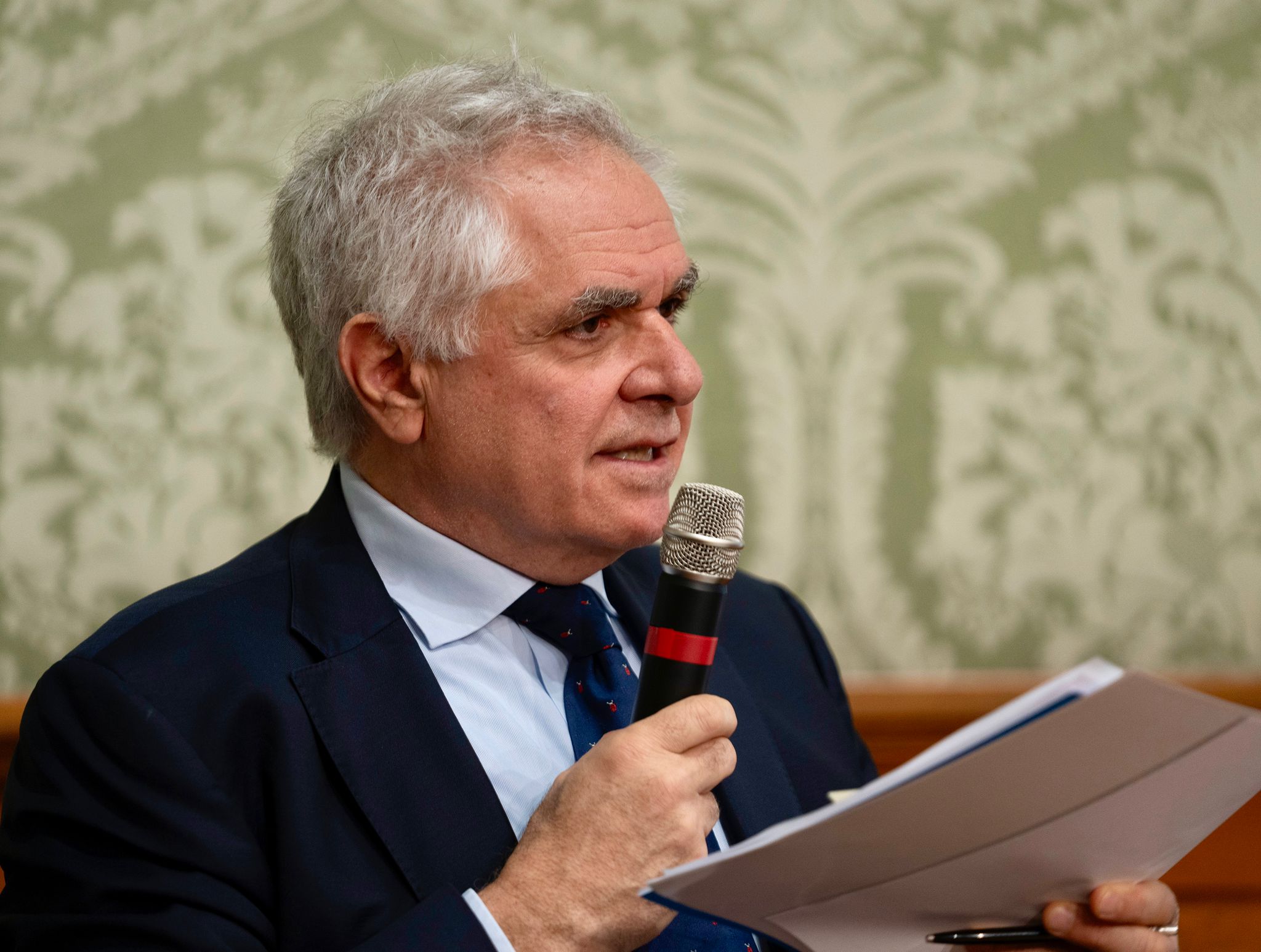Africa, if debt becomes a tool for development

28.05.2024
Ahead of the G7 Italian presidency, the LINK 2007 non-governmental network has launched ‘Release G7’, a proposal for flexible debt conversion for African countries. We spoke about it with Roberto Ridolfi, president of the NGO network.
The debt problem is as old as states, but in times of crisis it inevitably resurfaces with greater force. In recent history, there have been various proposals to alleviate or completely cancel the debt of the poorest countries. Advanced by the non-governmental world, but also by the Catholic world and by international institutions themselves. On this issue, which mainly involves Africa, LINK 2007, a network that brings together 15 of the most important Italian non-governmental organisations, has been conducting a campaign for some years now that aims to reverse the perspective, turning debt into an opportunity for development by converting it. We spoke about this with Roberto Ridolfi, president of LINK 2007.
What is the idea behind your ‘Release G7’ proposal?
We decided to promote a breakthrough in the established mechanisms of international finance at the G7 under Italian chairmanship, turning the spotlight back on debt conversion for the poorest countries. An idea already presented at the Italian-led G20 in 2021 and even more valid today in the face of the many crises – economic, political, climate – that shake the lives of billions of people around the world. We have called this initiative ‘Release G7’ because we believe that it is precisely the Italian presidency of the summit of the big seven that could offer the opportunity to finally make it concrete and operational. Its impact would be of undoubted economic and social value: suffice it to think that 64 countries in the world, 34 of which in sub-Saharan Africa, spend more on paying off public debt than on health.
How would it work in practice?
Explained concisely, the initiative envisages a flexible total or partial conversion of the debt of low-income African countries and those that, due to the economic and social crisis, risk default. Financial institutions, both national and international, are called upon not to limit themselves to merely suspending the debt, but to carry out its conversion and partial or total cancellation, in exchange for the debtor country’s creation of a counterpart fund in local currency aimed at sustainable development: a real Sdg Fund, i.e. created with the objective of achieving the Sustainable Development Goals by 2030. This is a proposal and must be adapted to the needs of individual countries. In this sense, LINK 2007 is available to offer its analysis and experience.
.

However, the G7 countries represent only a part of the world economy.
An operation of this magnitude, of course, cannot be limited to the G7 countries, but must extend to the G20, the BRICS and the Gulf countries. It would also be fully consistent with the aims of the Mattei Plan, presented by the Italian government to African leaders at the end of January. Debt conversion would in fact favour investments, especially in developing countries with high demographic potential, stimulating healthy economic growth capable of creating decent and sustainable jobs for young people. With less than seven years to go before the deadline set for achieving the Sustainable Development Goals, thanks to this instrument, the G7 countries have the opportunity to give a decisive, credible and concrete impetus to the advancement of the 2030 Agenda, in full compliance with the Paris Climate Accords. To seize it, it is essential to work right now to transform the ‘Release G7’ proposal into an operational project, involving the beneficiary countries and defining clear and shared priorities with them.
Do you think the time is ripe for a breakthrough on the long-standing debt issue and that governments are finally ready to listen?
The proposal is well-founded because it appeals first and foremost to the countries that would be its recipients, but also to Italian politicians and officials who are closely involved in the issue, as became clear at the meeting ‘Debt Conversion for Sustainable Development: Release G7’, which we organised in Rome on 15 May, as part of Codeway Expo 2024, the Italian cooperation fair. We brought together representatives of various ministries and government agencies and the Ambassadors of five African countries: Angola, Egypt, Kenya, Tanzania and Zambia. The balance is positive, because all the actors, each from his or her own perspective, made it clear that the road is viable, provided that the instrument of conversion is adapted to the different peculiarities and needs that distinguish individual countries.
by: Gabriele Carchella
